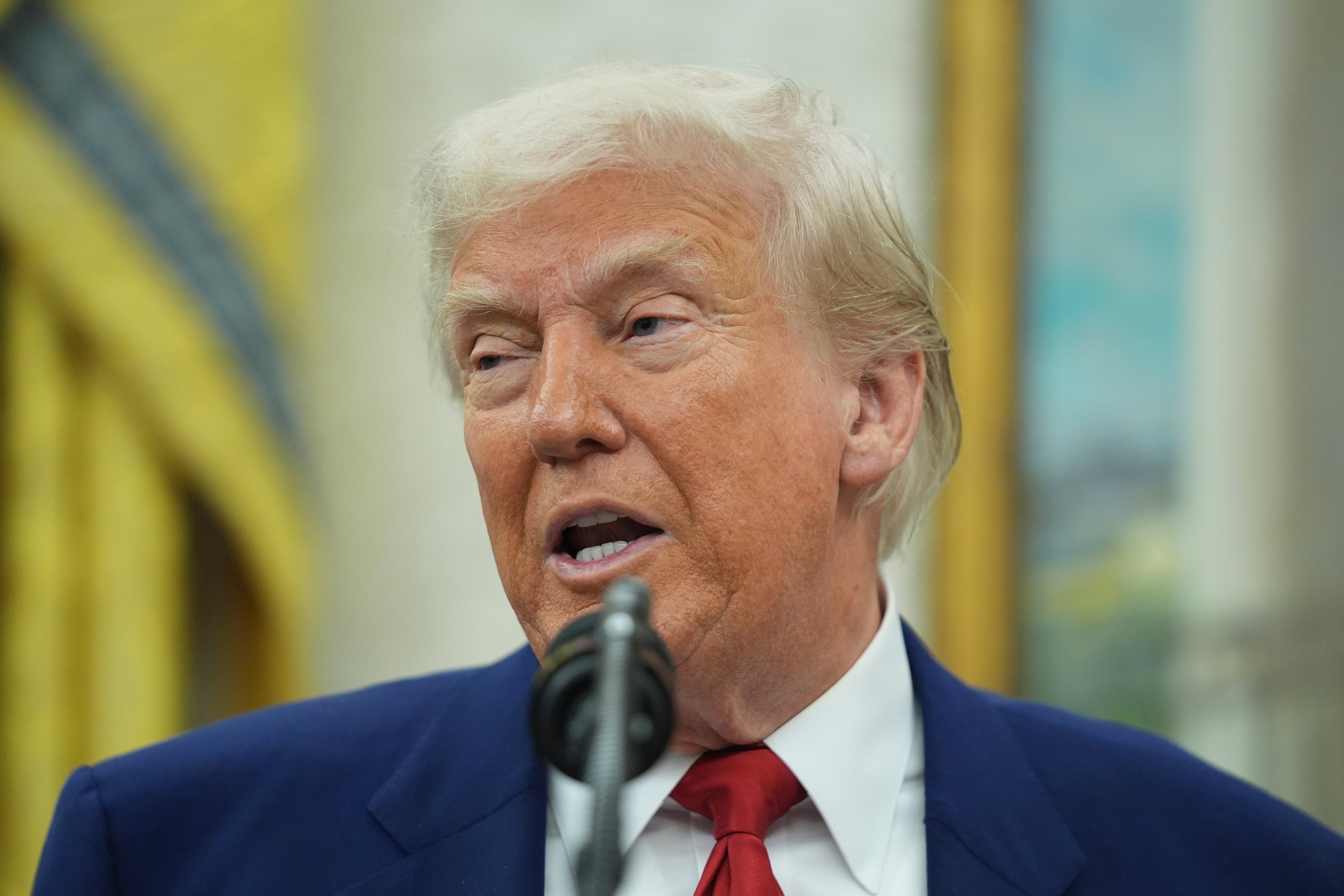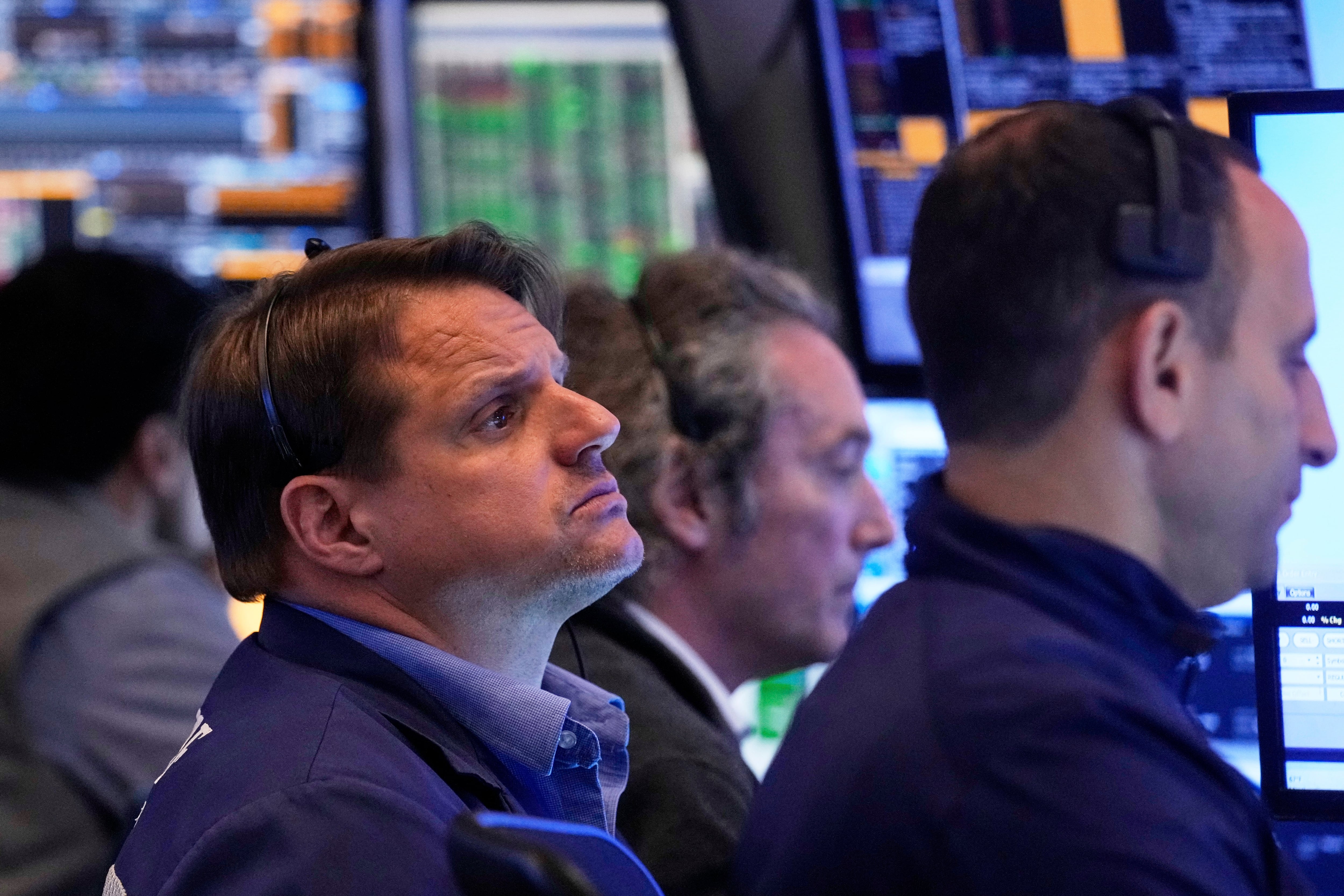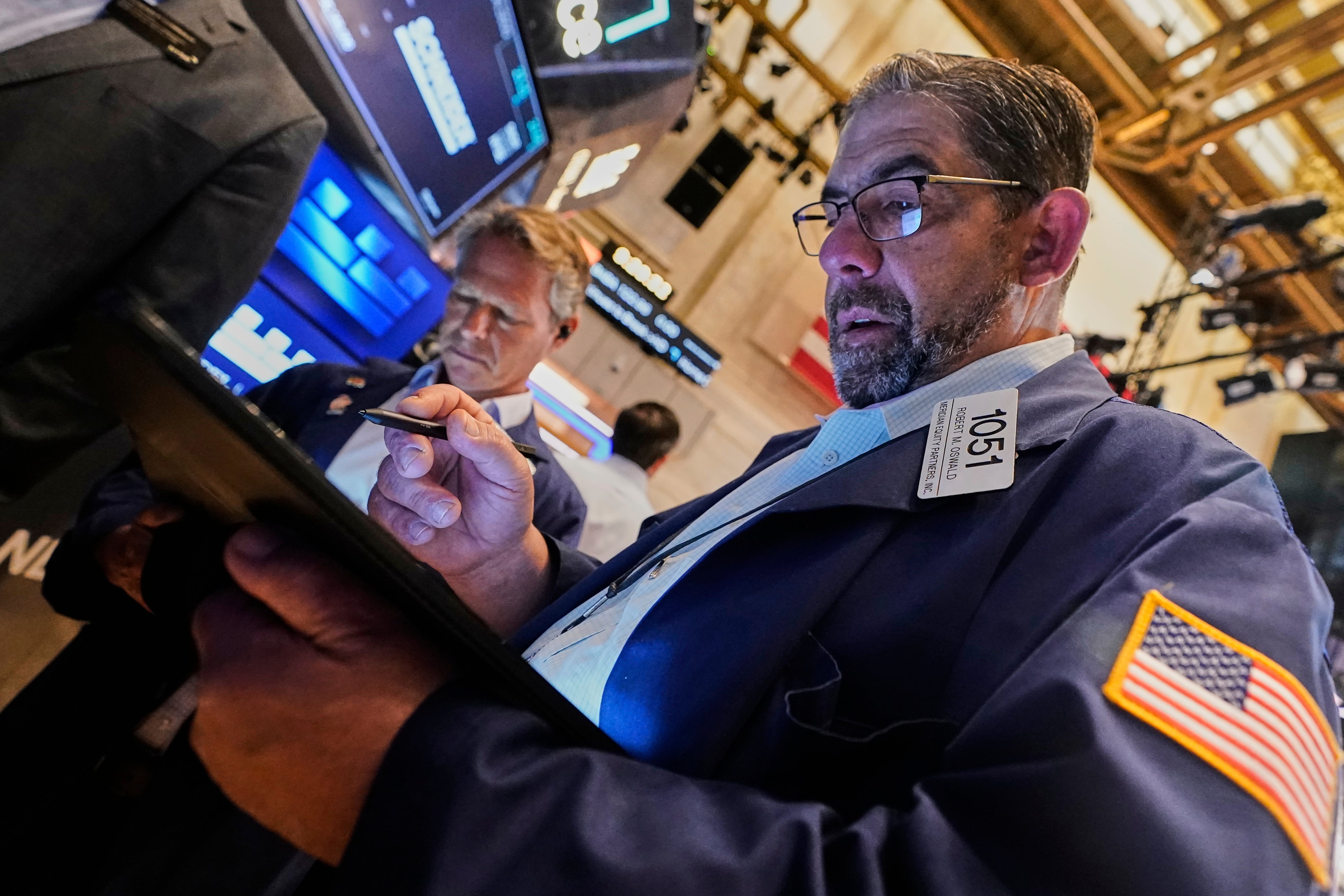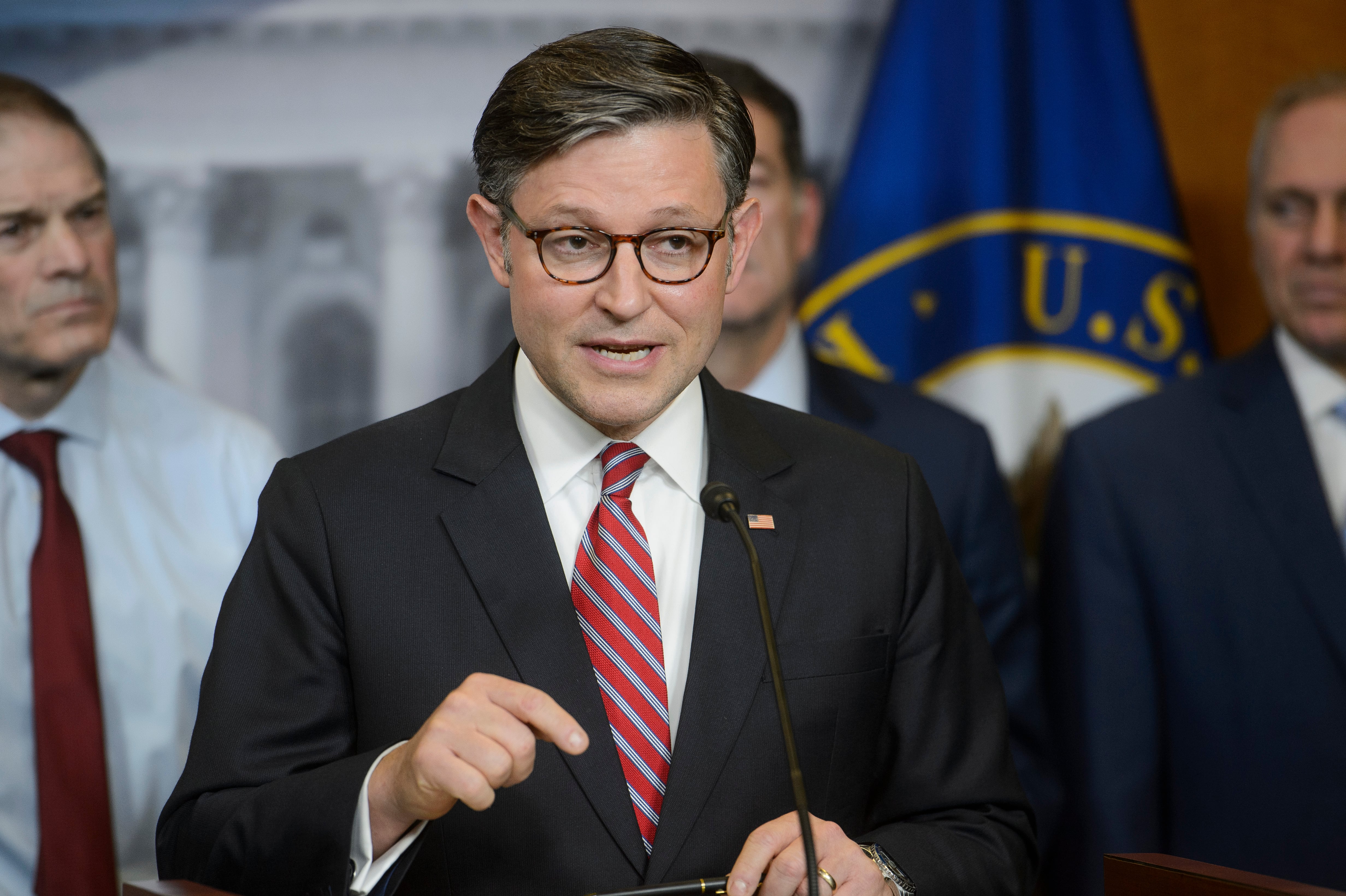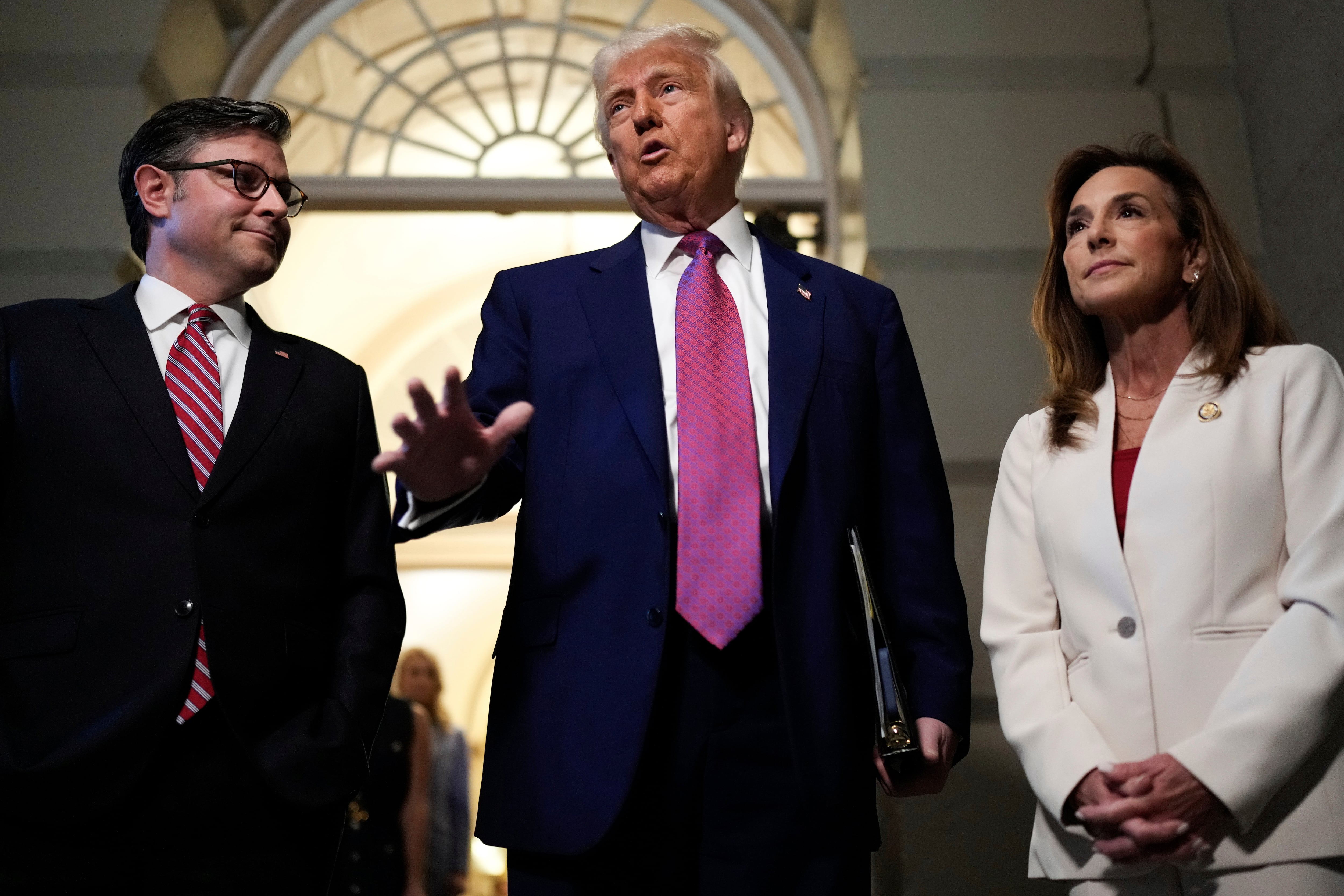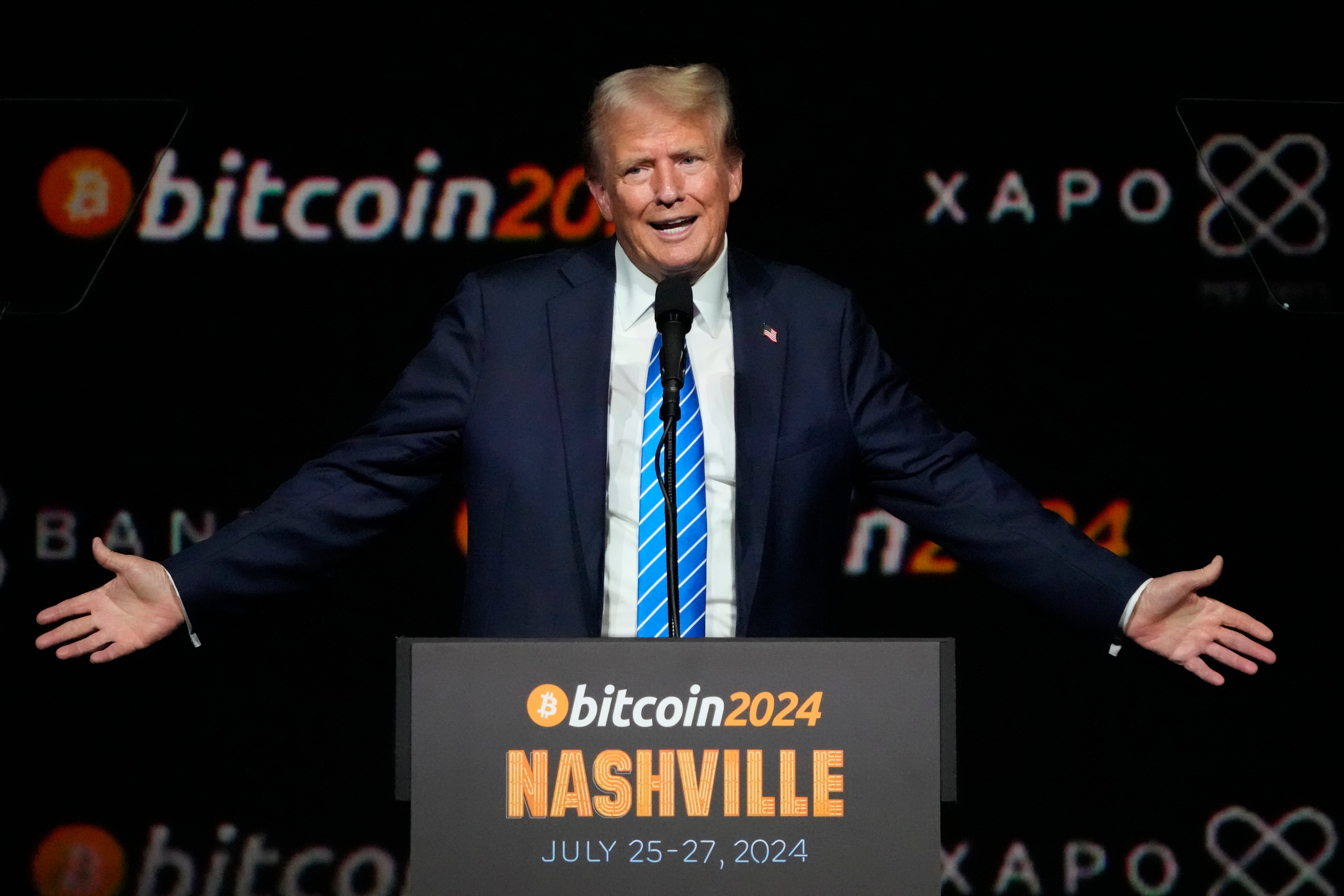Thousands of pro-life activists gathered at the National Mall in Washington, DC, for the ‘March For Life,’ marking the first time the event was held in the post-Roe v. Wade era.
The March For Life is held annually on the anniversary of the Supreme Court 1973 Roe v. Wade ruling that had legalized abortion in all states, but the highest court overturned the decision in July, giving marchers a different purpose this year.
"This year, as it’s the first March after the reversal of Roe v. Wade, we’re coming together not only to celebrate that huge victory and answer to prayers but, also, to send a sign to the states,” a Liberty University student named Michelle told Cheddar. “It’s time for the states to step up on the state-level and make pro-life laws there.”
Another pro-life advocate also felt this March was different from years past.
“I think marching now post-Roe is really just about raising awareness,” Linda told Cheddar. “I think it’s important for the world to know that pro-life is pro-mom and pro-child.”
Organizers said the purpose of the March is to “not only change laws at the state and federal level, but to change the culture to ultimately make abortion unthinkable.”
While multiple states have passed numerous restrictions on the procedure, some are held up with legal challenges, while still other states faced pushback as Kansas and Kentucky voters rejected constitutional amendments that would have banned abortion.
Participants marched from the National Mall, where they listened to speakers including Republican House Majority Leader Steve Scalise, down to Congress.
House Speaker Kevin McCarthy responded to the March by highlighting the abortion-related votes that passed last week in the House.
“You now have a Congress that is standing up for life,” McCarthy tweeted.
But with a Democratic-led Senate, it is unlikely any anti-abortion measures will be passed.
President Donald Trump’s doubling of tariffs on foreign steel and aluminum could hit Americans in an unexpected place: grocery aisles.
The Court of Appeals for the Federal Circuit on Thursday allowed the president to temporarily continue collecting the tariffs under the emergency powers law while he appeals the trade court’s decision.
President Donald Trump wants the world to know he’s no “chicken” just because he’s repeatedly backed off high tariff threats.
Wall Street is rallying after President Donald Trump delayed a 50% tariff on goods coming from the European Union.
Almost four dozen Venezuelan workers who had temporary protected status have been put on leave by Disney after the U.S. Supreme Court allowed the Trump administration to strip them of legal protections.
U.S. stocks are falling after President Donald Trump threatened 50% tariffs on the European Union that could begin in a little more than a week.
House Republicans stayed up all night to pass their multitrillion-dollar tax breaks package.
President Donald Trump has implored House Republicans on Capitol Hill to drop their fights over his budget.
American businesses that rely on Chinese goods are reacting with muted relief after the U.S. and China agreed to pause their exorbitant tariffs on each other’s products for 90 days. Many companies delayed or canceled orders after President Donald Trump last month put a 145% tariff on items made in China. Importers still face relatively high tariffs, however, as well as uncertainty over what will happen in the coming weeks and months. The temporary truce was announced as retailers and their suppliers are looking to finalize their plans and orders for the holiday shopping season. They’re concerned a mad scramble to get goods onto ships will lead to bottlenecks and increased shipping costs.
Senate Democrats have blocked legislation to regulate a form of cryptocurrency after arguing that the bill needed stronger protections.

